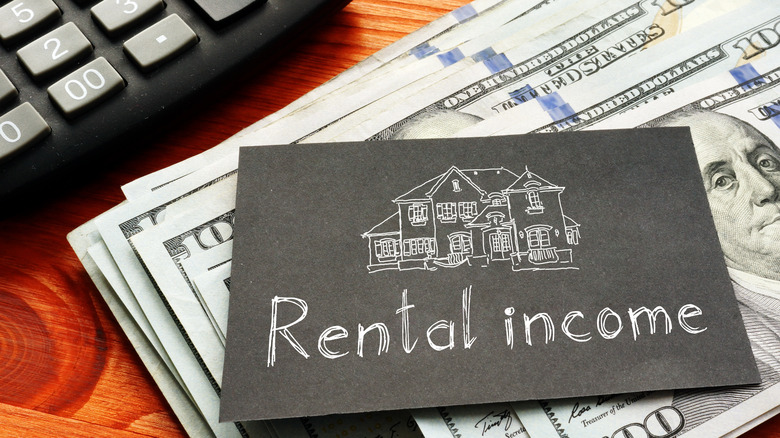
As someone who spends each day exchanging your time and effort for a paycheck, you’re likely aware of several key tax deduction opportunities. Those working from home, in particular, can leverage numerous deductions. However, regardless of your place of work, it’s essential to focus on the balance between gross income and your net take-home pay. As you transition into retirement, it may be tempting to relax your tax vigilance. Many savers manage their investment portfolios using tax-advantaged retirement accounts like a Roth IRA. This shift in financial strategy leads to a change in how you perceive your tax responsibilities once your regular paychecks cease and you begin to receive distributions instead.
Even with beneficial tax strategies incorporated into your retirement planning, focusing on your income levels during retirement remains crucial, along with understanding the sources of these funds. Some retirement income sources can reduce your Social Security benefits, while others do not impact this calculation at all. Continuing in a traditional salaried role while drawing benefits clearly works against you, as do bonuses, vacation pay, and even commission checks from previous work. Fortunately for those planning strategically, rental property income offers a significant source of retirement income that does not affect your Social Security benefits.
Rental property income isn’t factored into Social Security benefit calculations

Funds generated from various sources outside of your typical employment contract aren’t included in the calculation of your Social Security benefits. While earnings from work performed before reaching full retirement age can temporarily reduce benefits, dividend income from investments does not pose the same issue. Specifically, dividends from rental income can be particularly effective in managing your finances as you enter retirement. Purchasing a rental property and enjoying the monthly rewards often results in a significantly positive financial relationship for both your budget and long-term stability.
Investing in a rental property allows you to grow your net worth while adding essential dollars to your monthly budget. For those who haven’t fully transitioned out of the workforce, there’s no need to worry about rental income interfering with your Social Security strategy. This is encouraging news, as it means savers might be able to draw from their tax-advantaged retirement accounts to invest in a rental property without major changes to their benefits. Investing in real estate might even enhance your tax situation with additional deduction opportunities.
Rental properties can be a major source of long-term wealth

Costs vary widely across the country, but as of June 2025, the average U.S. rent stands at $2,100 across all property types, according to Zillow. Meanwhile, the typical monthly mortgage payment in the U.S. is only slightly higher, per the Mortgage Bankers Association. On the surface, this suggests that a renter might cover nearly all the costs to build your equity stake in a newly purchased home. However, maintenance costs and taxes will undoubtedly eat into your profits, so it’s possible that you won’t derive great value from an investment property that requires out-of-pocket maintenance instead of generating a positive cash flow.
Purchasing the right investment property can significantly alter your financial situation. Real estate typically appreciates in value over the long term, meaning you can generally expect to sell a property for more than you initially paid. This balance becomes even more favorable when considering that someone else will pay you to use the property in the meantime. Minimizing your costs or even drawing pure profit from a real estate asset is akin to receiving dividend payouts from stock market investments. However, property owners also have the option to leverage their property for additional borrowing opportunities in the future. Overall, investing in real estate opens up new avenues for wealth generation.
This approach to financing a retirement isn’t for everyone, though

It’s vital to understand the difference between dividend-producing stocks and the monthly rental income provided by a real estate property. When you invest in the stock market, you’re buying into what is essentially a faceless corporate entity. These assets exist in a marketplace of competition and change but are largely immune to the small-scale moves impacting the daily lives of individuals. Conversely, those living in your investment property are directly affected by minute economic changes in real and impactful ways.
Your investment in a large-cap S&P 500 firm is unlikely to collapse. Similarly, a company that has consistently delivered dividends acts as a relatively stable asset. Dividend aristocrats like Coca-Cola or Walmart would make headlines and possibly even trigger shareholder revolts if they abruptly reduced their payout rates or eliminated their dividend programs altogether. Renters, however, face a changing slate of challenges. A setback in a person’s life could lead to missed rent payments, potentially over a long term. In 2023, LendingTree found that over 13% of adult renters in the U.S. were behind on payments, which could have serious consequences for a retiree relying on this income stream. The rental market is complex, making it not necessarily the ideal solution for everyone.
“`






